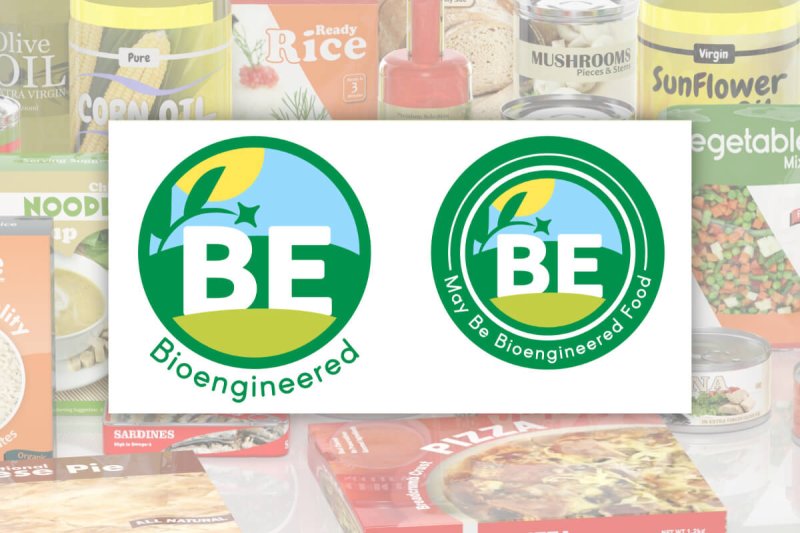When the [National Bioengineered Food Disclosure Law] is implemented in 2022, will it provide information useful to consumers or will it lead to more confusion? While the NBFDL establishes mandatory disclosure for bioengineered food content, the information disclosed may not be useful for several reasons.
[For example,] the disclosure itself is confusing. The NBFDL switches from the common term “GM,” which is more familiar to consumers, to “bioengineered” (BE). The intent of this change may have been to avoid the contentious history of “GM foods” by renaming them, but it could instead undermine consumer trust if consumers see it as a tactic to mask terms they commonly understand.…
First, we believe there should be education and information dissemination campaigns by the federal government (primarily FDA and USDA), food manufacturers, and retailers.
…
Secondly, given the consumer confusion that the regulations are likely to cause, USDA should reconsider whether to allow the substitution of similar terms to bioengineering, such as “genetic engineering” or GM.
…
Third, USDA should reconsider disclosure of highly refined ingredients in recognition that consumers would be best served by consistent disclosure of products “derived from bioengineering.”
If the goal of greater information to consumers is to be realized, USDA should rethink its regulations and consumers should be educated about the disclosures being provided.































